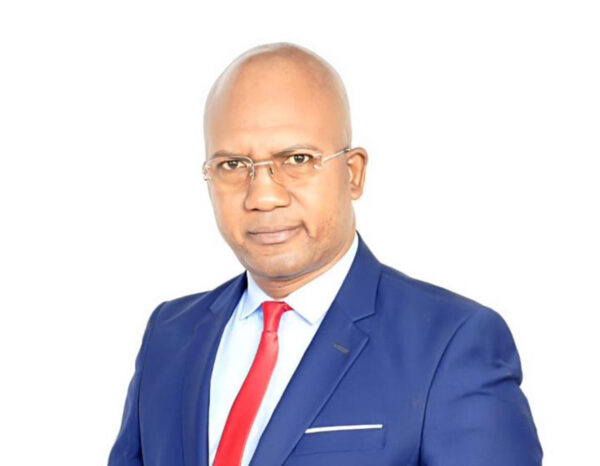Sovereign rating of a country is an evaluation of its ability to repay its public debt, assigned by rating agencies such as Moody’s, Standard & Poor’s, and Fitch Ratings, which dominate the global market. This rating, usually represented by letters, is as follows:
• AAA for very low risk;
• BBB for average solvency;
• D for default.
The evaluation is based on economic, budgetary, and political indicators. A high rating signals low risk for investors, while a low rating indicates higher risk and may lead to higher interest rates for the country’s borrowing. Each agency has its own rating system, with intermediate levels; ratings can thus be accompanied by a “+”, “-“, or even “1” or “2”.
In other words, the role of rating agencies is to measure the risk of default on debts by the borrower. To do this, they build forecast financial scenarios and assess the probability of each of these scenarios occurring based on an examination of the borrower’s future cost and revenue structure. Risk analysis is thus delegated, at a lower cost, to a few actors specialized in this activity.
In recent years, Guinea’s macroeconomic framework has experienced significant and remarkable improvement, with the highlight being the launch of the mega mining project Simandou. These economic performances have just been recognized by the highly credible American rating agency Standard & Poor’s, which assigned our country an inaugural rating of “B+ with a stable outlook”, a sign of average solvency for our country, while a critical mass of sub-Saharan African countries display ratings ranging from “C” (significant risk of insolvency) to “D” (default situation).
This rating, which is free from any form of complacency, reflects the strength of the fundamentals of our economy and the strong growth prospects facilitated by the integrated Simandou mining and infrastructure project. It also signals a positive outlook for the national economic situation with immeasurable economic stakes. The benefits of this positive assessment can be multifaceted and diverse.
To deepen the reflection and as an illustration, let us note that with a B- sovereign rating, the generally applied interest rate would be 11% in terms of average yield; however, with this inaugural B+ rating that Standard & Poor’s has assigned to our country, the average yield could be reevaluated around 9% instead of 11%, representing an empirical difference of about 200 basis points. This would favor notable interest savings.
In order to facilitate understanding of the inherent benefits of this rating, let us consider a practical case: if, for example, Guinea were to refinance $1.75 billion at 9% instead of 11% thanks to the B+ rating, the annual economy realized could be: 2% × $1.75 billion = $35 million per year, or approximately $350 million over 10 years (excluding discounting). This would constitute a huge gain for our economy with a potential influx of capital.
Furthermore, research from the International Monetary Fund (IMF) clearly shows that an improvement of one notch in the speculative category (B+), as is the current case for our country, is likely to lead to:
• additional foreign portfolio flows ranging from 0.2 to 0.5% of GDP;
• and an increase in foreign direct investment (FDI) of 0.1 to 0.3% of GDP.
In the same vein, if we assume that Guinea’s current GDP is around $20 billion, this sovereign rating could attract additional foreign direct investment (FDI) to our country in the range of $60 to $160 million in the short term, according to our estimations based on benchmarking of similar economies.
In addition to these quantitative advantages, this rating also has qualitative advantages, among which we can mention:
• increased credibility and perception leading to lower risk premiums;
• privileged access to multilateral and hybrid financing;
• more favorable conditions for public-private partnerships (PPPs) and concessional loans;
• greater flexibility of budgetary and monetary policies through strengthened reserves and capital flows.
In light of the above, it is clear that our country is continuing its upward trend towards emergence. This B+ sovereign rating is an important stepping stone that will open the doors of international finance to Guinea, improve the perception of country risk, and serve as a catalyst for more rigorous economic management.
The implementation of the century-old Simandou project, which the CNRD has successfully accomplished, must be a key lever that we must collectively activate to promote a successful diversification of our economy. In this regard, the future creation of a sovereign fund to ensure transparent management of revenues from this mega project is a strategic and saving vision.
Abdoulaye GUIRASSY
Economist-politician
Director of Economic Studies at AGAC
Lecturer in monetary economics and corresponding member of the Academy of Sciences of Guinea (ASG).


